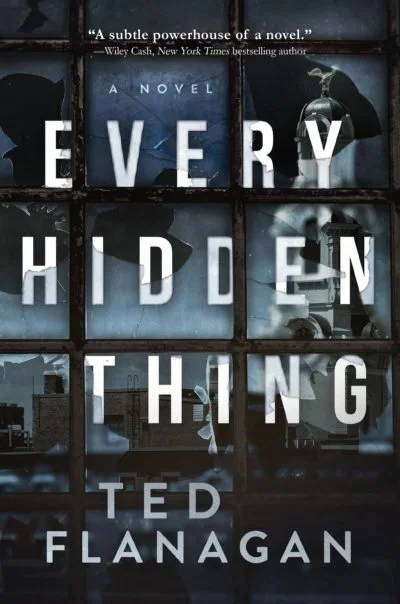Annotate your way to peace and tranquility

As we've mentioned a few too many times, I contributed an essay to the latest edition of Plumbago about my experience during the flooding that resulted from Hurricane Harvey (it’s hard to believe that was a year ago). In the course of writing that essay, I picked up a notebook that I started after the flood (a small, yellow Apica CD with great paper that fell apart entirely in use). A lot of the notes in there reflected on the flood and the grinding string of challenges that follows an event like that. And there was some fun, including my effervescent recording of the Astros’ run to the World Series.
As I flipped through the book, I came to probably my favorite single page of note-keeping of the last decade: a single sheaf of my annotations of one page of Michael Chabon's book The Amazing Adventures of Kavalier and Clay.
I discovered the book in an off-kilter way. I wandered my college campus of a post-9/11 era night, maybe a little lonely and a little wayward, and made my way to the student center café. As I approached an empty table, I noticed a hardbound book with a cover adorned in a garish and appealing comics-style illustration. The author’s name rang no bells, but when I flipped it open there was a sticker affixed to the inside cover: BookCrossing. This particular copy had been tagged and sent out into the world, deliberately, so that someone might stumble over it and continue its journey. And I did. If there’s a better way to find a book than this bit of community and magic, I’ve not found it.
The book’s first paragraphs: disorienting, magical, encompassing. I was floored. The book is now among my favorites, and those were the first moments of a lifelong affinity for Chabon, whose subsequent work has continued to compel, amaze and satisfy as few writers can do consistently and across genres. One can’t ask more from an artist. One can’t ask more from an errant moment in a campus café.
Such satisfaction -- the sense that one is glad to be alive to enjoy these stories -- calcifies into bedrock as the foundations of one’s self. (When a beloved artist passes on, we feel it close and hard, as if a part of ourselves has died with them.) The days and weeks after my house flooded, when my sense of home was under assault, the cover of Kav and Clay once again caught my eye and pulled the same trick. We had just moved out of our flooded house, shifted half of our trashed belongings to the curb outside of our house, and moved into a small temporary apartment, where we were trying to assemble the basics of life with two kids and piece together a sense of routine. The mind, confronted by chaos and challenged with exhaustion, searches for something rock solid. From a box of salvaged books, the cover of Kav and Clay glowed like a log in a campfire.
I picked it up and fell back into those glowing paragraphs.
Annotating a page of great writing is like working a crossword puzzle in reverse. Presented with a completed puzzle, the goal is to determine the clues. The satisfaction, in the end, is to see the network of inferences and insights that went into an arbitrary page, and to realize that the writer has built a puzzle out of each of the hundreds of other pages, too. To use another metaphor (one that is Kav and Clay-appropriate), the reader annotating a page is the lockpick approaching a lock, working the tension between parts in order to achieve its release.
I annotated that page of Kav and Clay when I was reading along and felt there was more to what I was reading than what I was reading. So I set up my laptop and strung out the words I didn’t get from page 227. Among the revelations: Ailanthus trees, called the tree of heaven, are from China and they are foul-smelling. Tartarus is an abyss of torment from the ancient Greek world. A satrap is a provincial Persian governor. Brass Lamp rye whiskey isn’t real.
Many years ago, we visited a family friend who had moved his family from Houston to a small town in North Carolina to be a country doctor. Each week, I learned, he and a cadre of country colleagues puzzled out and annotated a chapter of James Joyce’s Ulysses. I wonder about their output. Maybe they published a book and it’s sitting on a shelf of that little mountain town’s public library.
One suspects that unlocking the hidden language behind Joyce connected those small-towners with a bigger world. The pleasures of puzzle-solving pulse with connection, to the puzzle’s author, to the world of culture and literature just out of view, to the euphoria of a shared language. When my own life seemed to have lost its center (materially, at least), I was drawn to the magic of Chabon’s words, and then into the logic of decoding his words, of delving below that beguiling first layer to unlock more meaning and, perhaps, to watch the workings of a fertile mind at work, where, I imagined, he built his puzzles in some second-story home office, lost in the comfort and discomfort of writing, high and dry.






